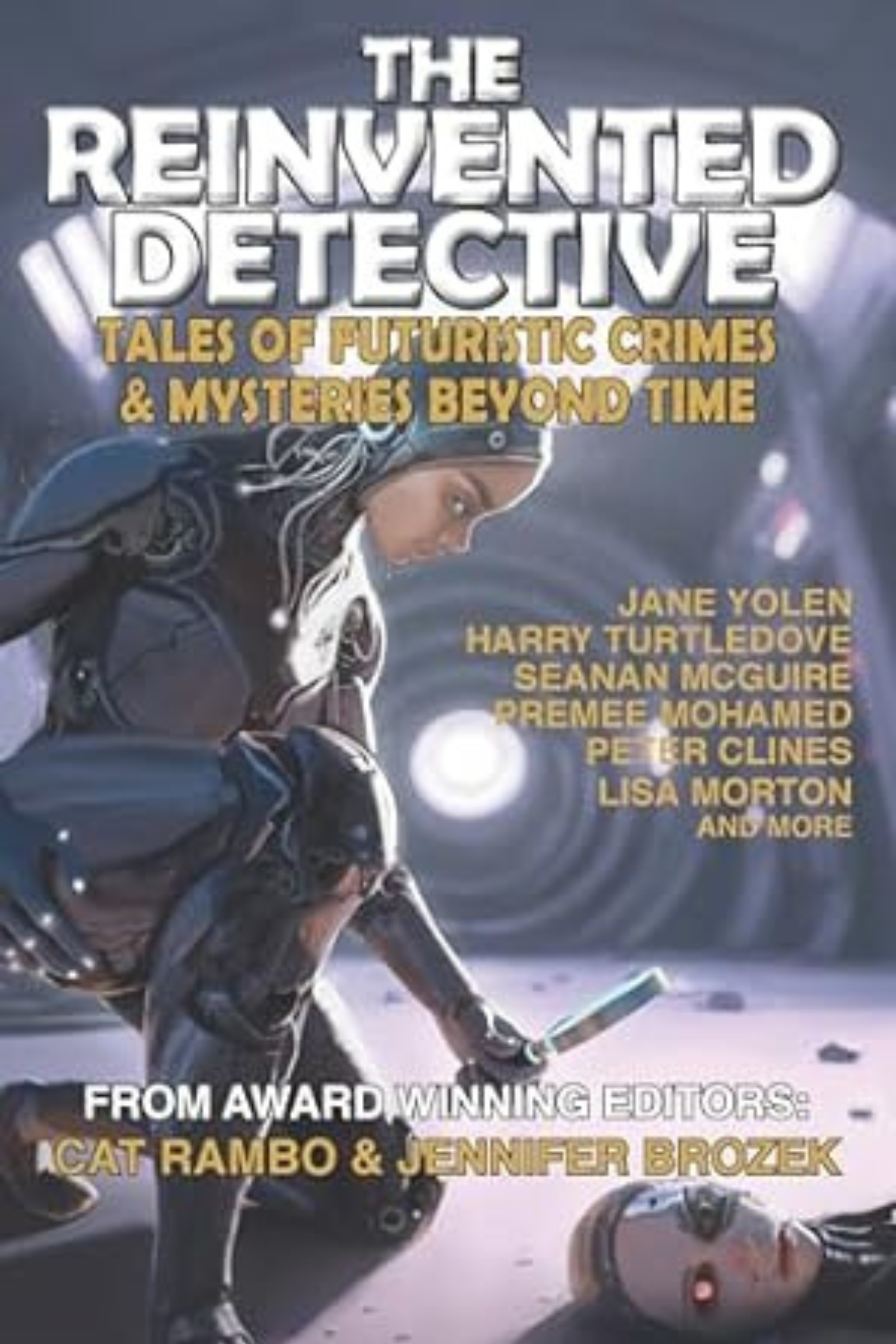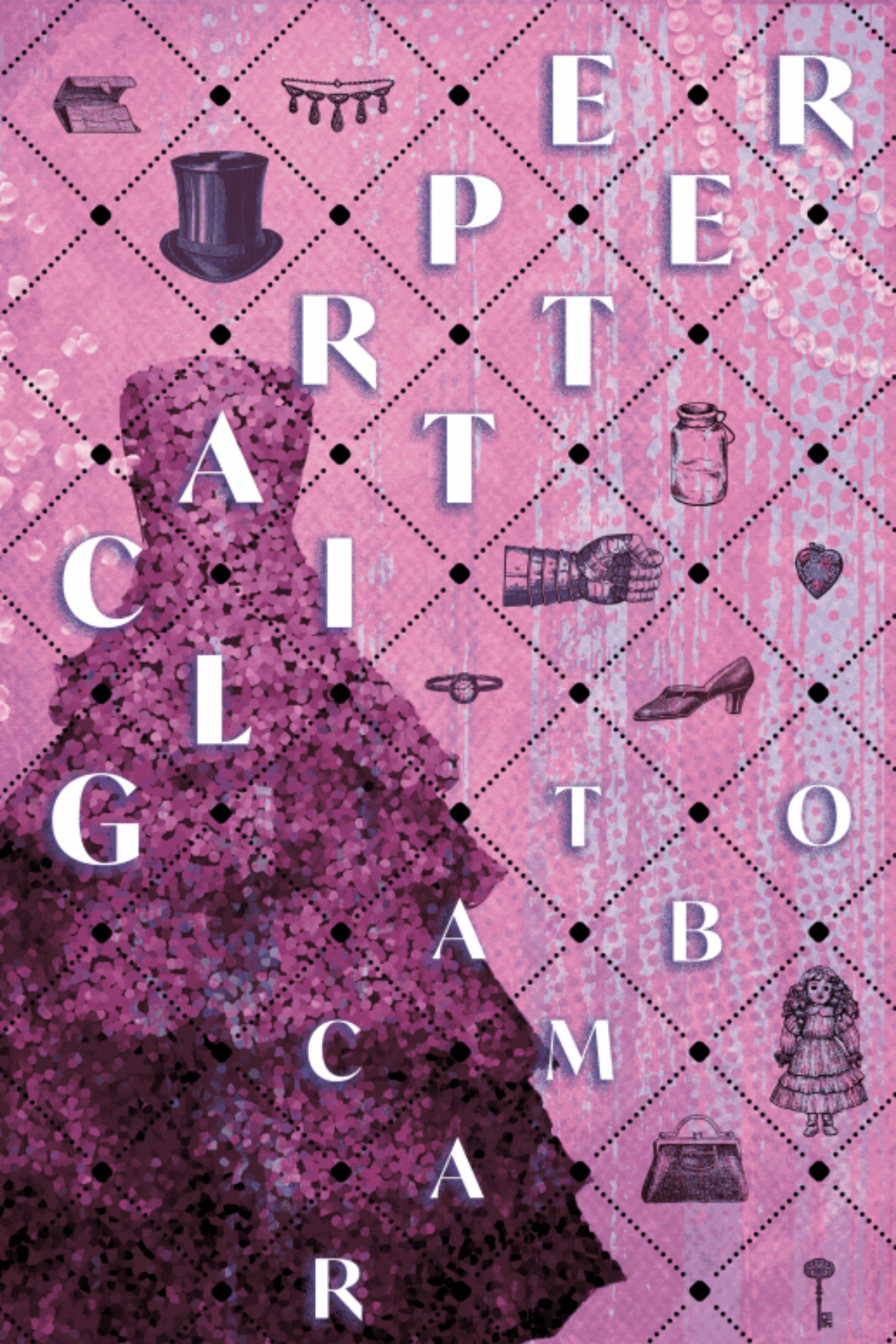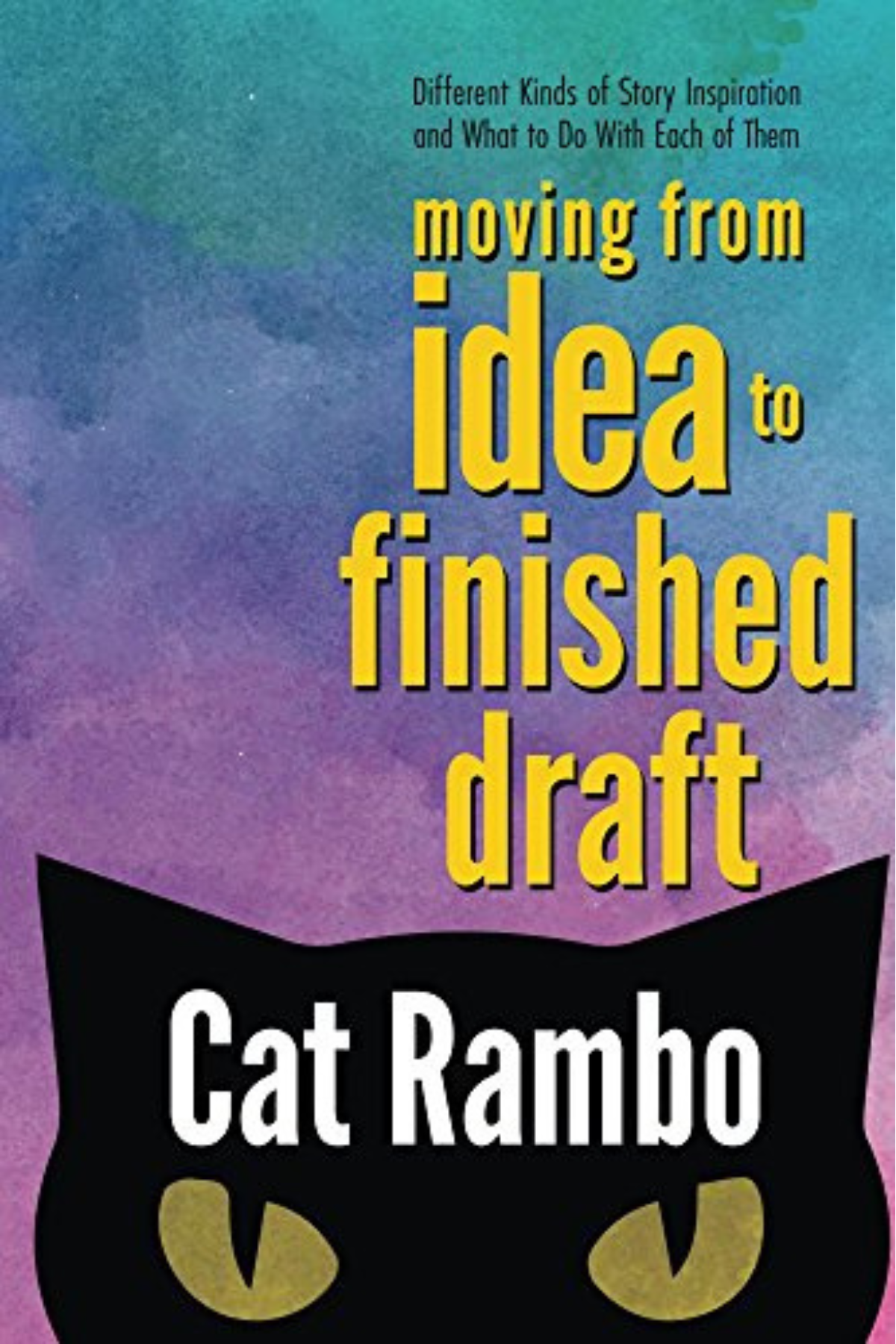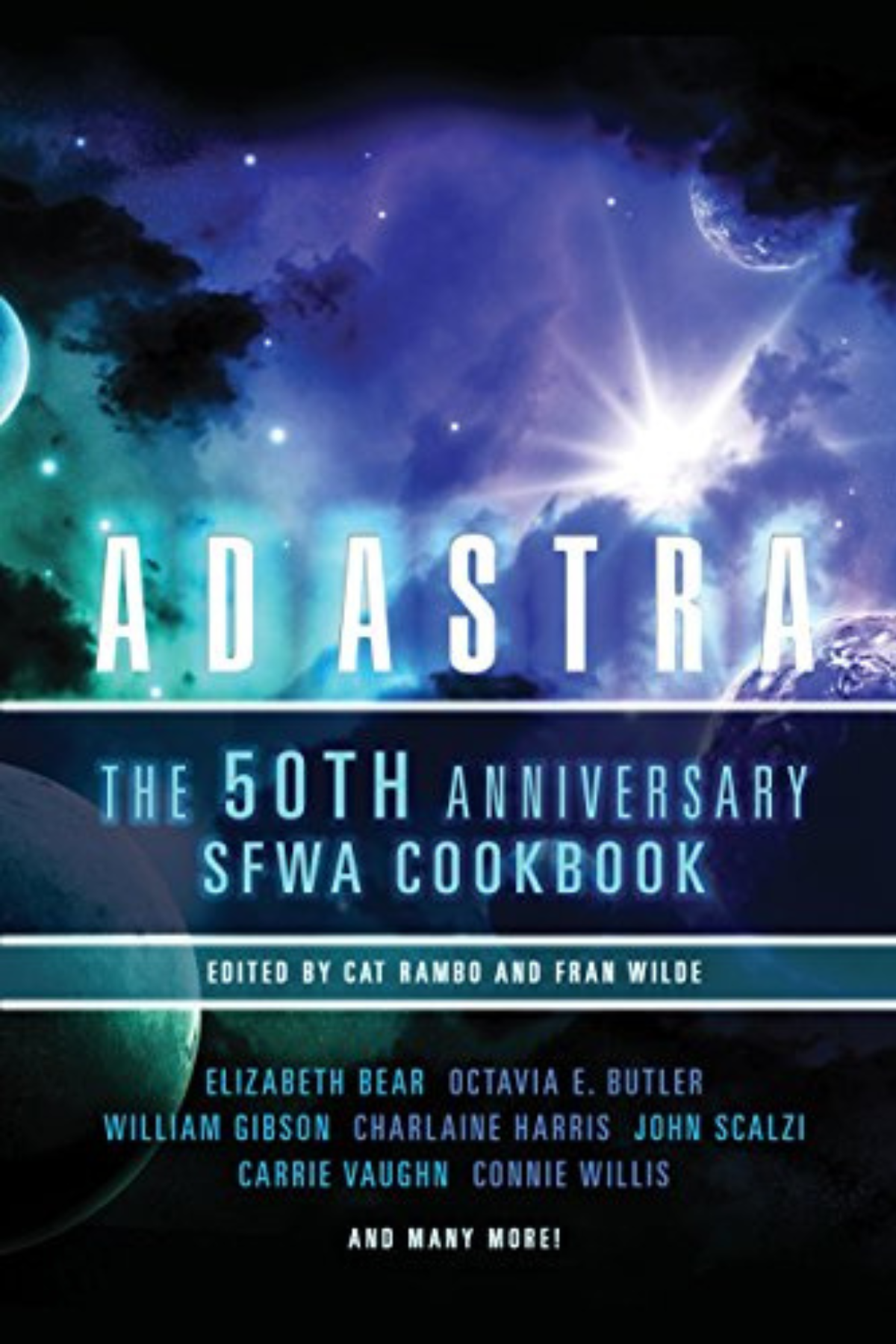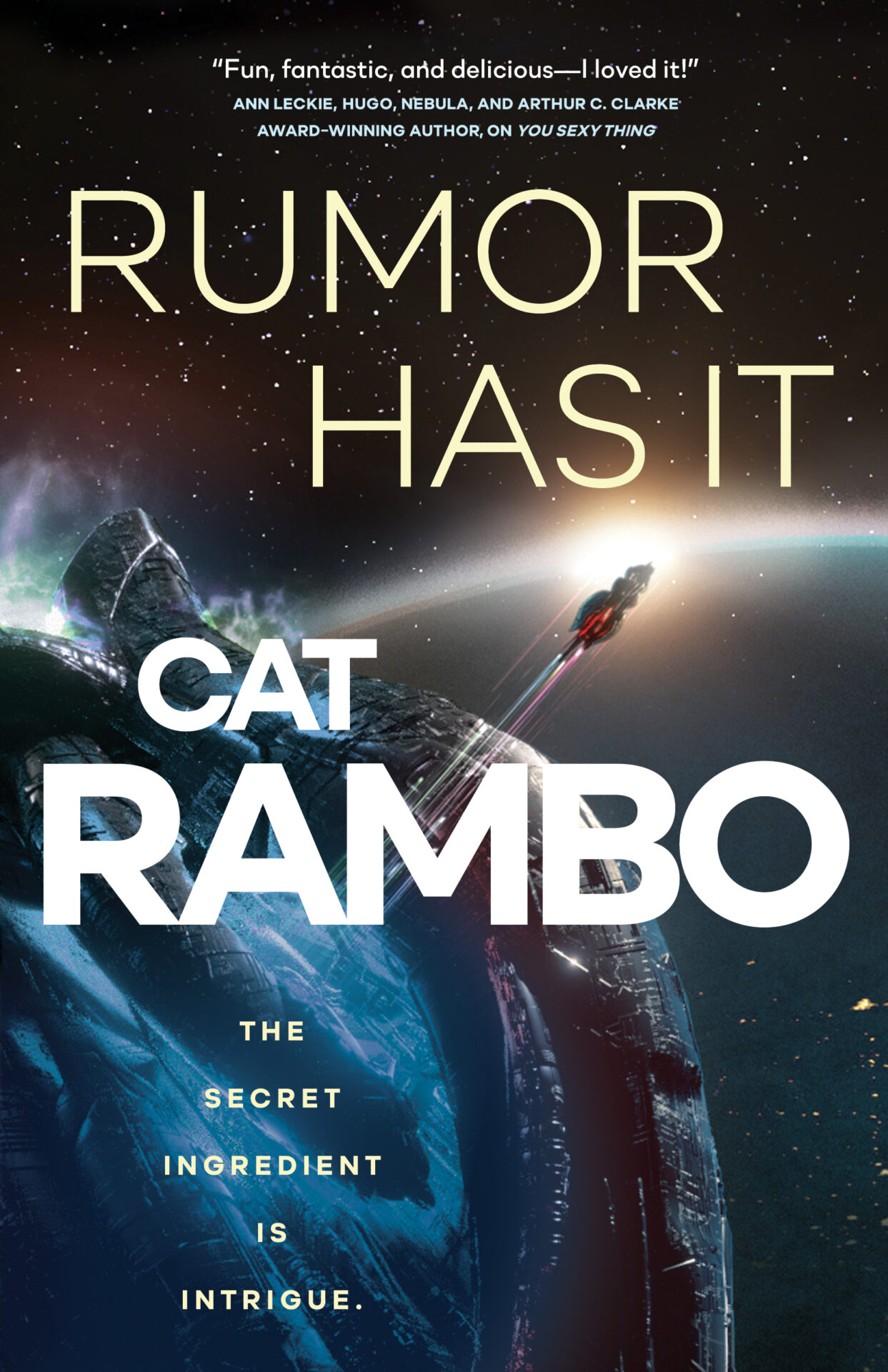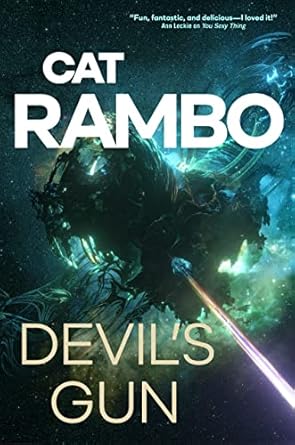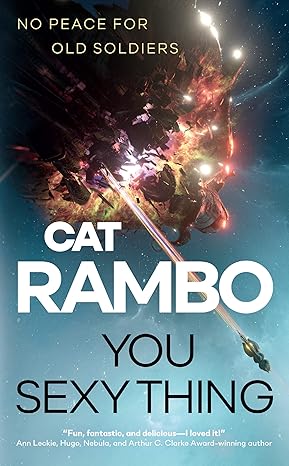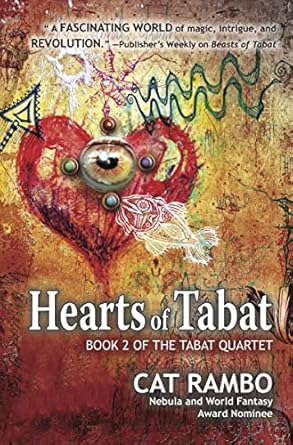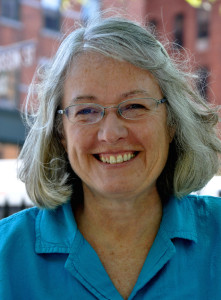 In my prohibition-era, urban fantasy novelette, Water of Life, investigator Sean Joye searches the Southern Illinois hill country for Caleb, a missing moonshiner. His trek, beyond a flooded river and through a forest bristling with ice and fae ill intent, leads him to a strange old mountain woman. Miss Lutra would just as soon shoot him as feed him squirrel stew; but feed him she does, and the meal is delicious.
In my prohibition-era, urban fantasy novelette, Water of Life, investigator Sean Joye searches the Southern Illinois hill country for Caleb, a missing moonshiner. His trek, beyond a flooded river and through a forest bristling with ice and fae ill intent, leads him to a strange old mountain woman. Miss Lutra would just as soon shoot him as feed him squirrel stew; but feed him she does, and the meal is delicious.
Dinner with Miss Lutra
Letting old ladies feed me hasn’t failed me yet. The stew and bread smelled great. My stomach growled as I sat down at the oak-plank dining table, and I realized I hadn’t eaten all day.
Miss Lutra invited me to say grace over our meal, but apparently found my “For these thy gifts make us truly thankful” a poor effort and jazzed up the prayer with a blessing on the squirrel, the forest, the other animals of the forest, the creek, the farmland, Caleb”””who is lost from us but will be delivered whole and sound, if not now, at the final trumpet,” me, my people, her people, and herself. Although mostly focused on my rumbling stomach, at the final “amen” I remembered not to cross myself, the Church of Rome not so very popular in these parts.
Miss Lutra had filled out the scant meat from a single squirrel with potatoes and turnips, and the meal was quite tasty. Between mouthfuls of hot stew, only marred by the occasional buckshot pellet, I said, “I don’t mean to be abrupt, ma’am, but was Caleb here today or not?”
The old lady cut off a hunk of hot bread with her enormous knife and wiped her bowl with it, sopping up the peppery gravy. “You ain’t from around here, are you, Mr. Sean Joye? Sound like you could even be from over the waters.”
“Do I now? Does that make a matter where Caleb went?” Through the tiny window, I could see dark clouds full of snow gathering low over the woods. “Or does it make a matter of what you’ll tell me?”
Squirrel Stew For Two
While Miss Lutra has a long lifetime of putting together a bit of this and a pinch of that to keep her household fed, I need recipes. She’s not one to share her secrets, of course, but hinted at the following squirrel stew instructions:
- A squirrel or two, cleaned and cut into pieces (or, 1 pound of chicken thighs with skins and bones)
- 1 teaspoon salt, divided
- ¼ teaspoon black pepper, divided
- ¼ teaspoon red pepper, divided
- 1-3 Tablespoon bacon fat, as needed
- A handful of mushrooms (if you got “˜em)
- 2-3 Tablespoons flour (Depends on how much fat the meat renders. You need equal portions fat and flour.)
- ¼ cup moonshine (Irish whiskey works OK.)
- 2-3 Cups chicken broth (divided)
- 2-3 cloves garlic, chopped well
- Several sprigs of rosemary
- Several leaves of sage
- An onion, chopped well
- 2-3 potatoes, peeled and chopped into bite-sized pieces
- 2-3 turnips, peeled and chopped into bite-sized pieces
- A carrot, peeled and chopped into bite-sized pieces

Melt two tablespoons of the bacon fat in a cast-iron stew pot or Dutch oven. Salt and pepper the squirrel (or chicken thighs, if you can’t get one) with about half the seasonings and then brown for five to ten minutes in the bacon fat.
Remove the meat and brown the mushrooms, if you’re using them.
Next, brown the chopped onion.
Now use the bacon fat and rendered grease to make a gravy. (You need equal amounts of fat and flour for the roux””the gravy base. Add more bacon fat, if needed””depends on how much fat was soaked up by the mushrooms. Dissolve the flour in the fat and brown it””about as dark as a pecan or an acorn””over low heat. Keep stirring the roux, scraping up any bits of meat stuck to the pan. This might take a while, depending on how dark you like the roux. Don’t rush it. Then stir in the moonshine and two cups of the broth. It’s gravy!)
Warm the herbs and garlic in the gravy until they smell good, then add the vegetables, half a teaspoon or so of salt and red and black pepper if you like it, and more broth to cover. Stir it a bit. Nestle the browned meat among the vegetables.
Bring the stew to a boil, then lower heat to simmer, covered, for an hour or so.
After about an hour, uncover and fish out the meat to cool a bit (ten minutes or so) on a cutting board.
Add the cooked mushrooms to the stew and continue to simmer, uncovered if it seems a bit too thin.
After the meat cools, cut it away from the bones, chop, and put back in the stew. Adjust the seasonings as needed.
Serve with hot, crusty bread and apple pie for dessert.
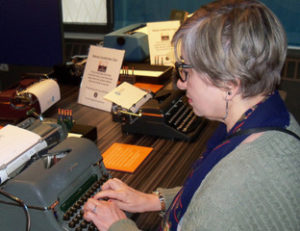 BIO: Kathy L. Brown lives and writes in St. Louis, Missouri, USA. Her hometown and its history inspire her fiction. When she’s not thinking about how haunted everything is, she enjoys hiking, crafts, and cooking for her family. Her novella The Resurrectionist and novelette Water of Life are available as paperback and e-books from Amazon.com. The Resurrectionist is also available from Ingram. Kathy’s short fiction has appeared in the Bards and Sages Anthology Great Tome of Forgotten Relics and Artifacts (The Great Tomes Series, Volume One), with earlier works in Bards and Sages Quarterly, Golden Visions Magazine, and Mused Literary Journal. Hippocrene has published several poems. Follow her on Instagram at kathylbrownwrites, Facebook at kbKathylbrown, and Twitter at KL_Brown. Kathy’s blog, Kathy L. Brown Writes The Storytelling Blog, lives at kathylbrown.com.
BIO: Kathy L. Brown lives and writes in St. Louis, Missouri, USA. Her hometown and its history inspire her fiction. When she’s not thinking about how haunted everything is, she enjoys hiking, crafts, and cooking for her family. Her novella The Resurrectionist and novelette Water of Life are available as paperback and e-books from Amazon.com. The Resurrectionist is also available from Ingram. Kathy’s short fiction has appeared in the Bards and Sages Anthology Great Tome of Forgotten Relics and Artifacts (The Great Tomes Series, Volume One), with earlier works in Bards and Sages Quarterly, Golden Visions Magazine, and Mused Literary Journal. Hippocrene has published several poems. Follow her on Instagram at kathylbrownwrites, Facebook at kbKathylbrown, and Twitter at KL_Brown. Kathy’s blog, Kathy L. Brown Writes The Storytelling Blog, lives at kathylbrown.com.
If you’re an author or other fantasy and science fiction creative, and want to do a guest blog post, please check out the guest blog post guidelines. Or if you’re looking for community from other F&SF writers, sign up for the Rambo Academy for Wayward Writers Critclub!









